About Us
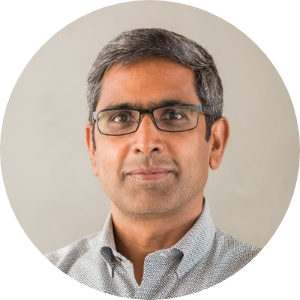
Professor Satchin Panda, Ph.D. at the Salk Institute leads a team of scientists making discoveries on the function of circadian rhythms and leveraging the knowledge for global health. Circadian rhythms play a crucial role in the function and repair of every cell in our body and brain. These rhythms keep us healthy, accelerate healing from diseases, and enhance performance. His team discovered that blue light sensing cells in our retina modulate sleep, circadian rhythms, alertness and even our susceptibility to migraine pain. His research team is also credited with the scientific discovery that the most popular form of intermittent fasting i.e., consuming all daily calories within a consistent window of 8-10 hours —can have profound impacts from preventing disease to elevating human performance.

Emily Manoogian, Ph.D. is a staff scientist and the head of human research in Dr. Satchin Panda’s lab at the Salk Institute for Biological Studies. She studies the intricate interaction between our body’s biological rhythms and the timing of our daily habits including when and how much we sleep, eat, and exercise. She also manages the development, deployment, and use of novel mHealth tools and wearable devices to monitor and intervene in lifestyle both on a large scale open to the public and in focused clinical trials. Emily’s research focuses how lifestyle interventions (independently or in combination with drug therapy) can improve a variety of age-related diseases including pre-diabetes, diabetes, cardiovascular disease, cancer, mental health, and cognitive decline.
Research Team
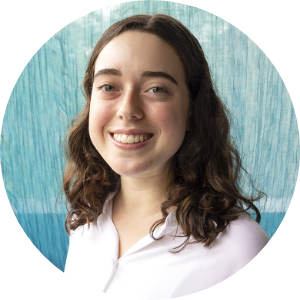
Kyla Laing, B.S., is a Clinical Research Coordinator in Dr. Panda’s lab. Initially joining as an undergraduate student in 2020, Kyla has been instrumental in maintaining and improving the myCircadianClock app, alongside engaging with participants of the open research study utilizing the app. In her current role, she helps to facilitate the lab’s ongoing clinical trials and contributes significantly to data analysis efforts.
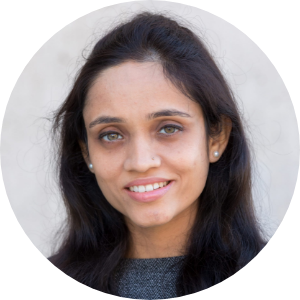
Shweta Varshney, M. Pharm serves as a Research Assistant in Dr. Panda’s lab. In her current role, she diligently oversees the enhancement and routine maintenance of the app and website for the myCircadianClock (mCC) platform. Furthermore, she supports the team by gathering, organizing, and analyzing data for on-site clinical research projects.
Data Science Team
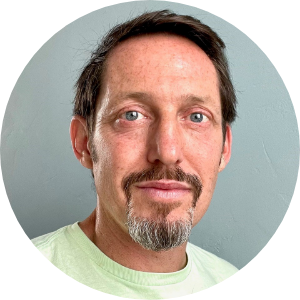
Jason G. Fleischer, Ph.D. is an Assistant Teaching Professor in the Department of Cognitive Science at the University of California San Diego. He uses machine learning and statistical modeling to analyze relationships between human health, behavior, aging, and various biomarkers. He is also interested in computational models that investigate the neural processes underlying episodic memory, working memory, and consciousness.
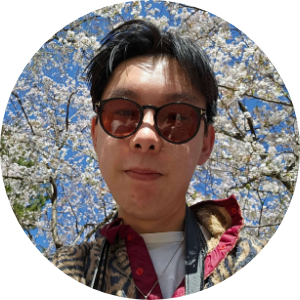
Tyler Tran is a Data Analyst currently working in Dr. Panda’s lab. As a graduate of the Halıcıoğlu Data Science Institute at UC San Diego he specializes in data science and analytics, working carefully to translate data into actionable insights through statistics and visualizations. Tyler first joined Dr. Panda’s lab as an undergraduate, motivated by his broad interest in how data can be applied towards the real-world. Now a member of the myCircadianClock team, his work supports the lab’s mission to understand how circadian rhythms are influenced by individual lifestyle choices, providing data pipelines and analytics for the lab and its collaborators.
Dietitian
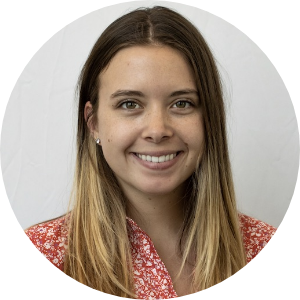
Grace LeBleu, MSc, RDN, is a PhD candidate at UC Davis studying Nutritional Biology with a Designated Emphasis in Biotechnology. She completed bachelor’s and master’s degrees in Nutrition with Concentrations in Dietetics at Framingham State University in Massachusetts. Concurrently, she completed a coordinated program in dietetics and became a Registered Dietitian. Now, under the mentorship of Dr. Fawaz G Haj, her PhD research investigates the molecular underpinnings of metabolic dysfunction, with an emphasis on diabetes and its complications. Grace’s interest in circadian biology began during her undergraduate training, and she was inspired to pursue a PhD, in part, by learning about health science through podcasts featuring Dr. Panda. Grace is excited to participate to science communication in partnership with the Panda Lab.

